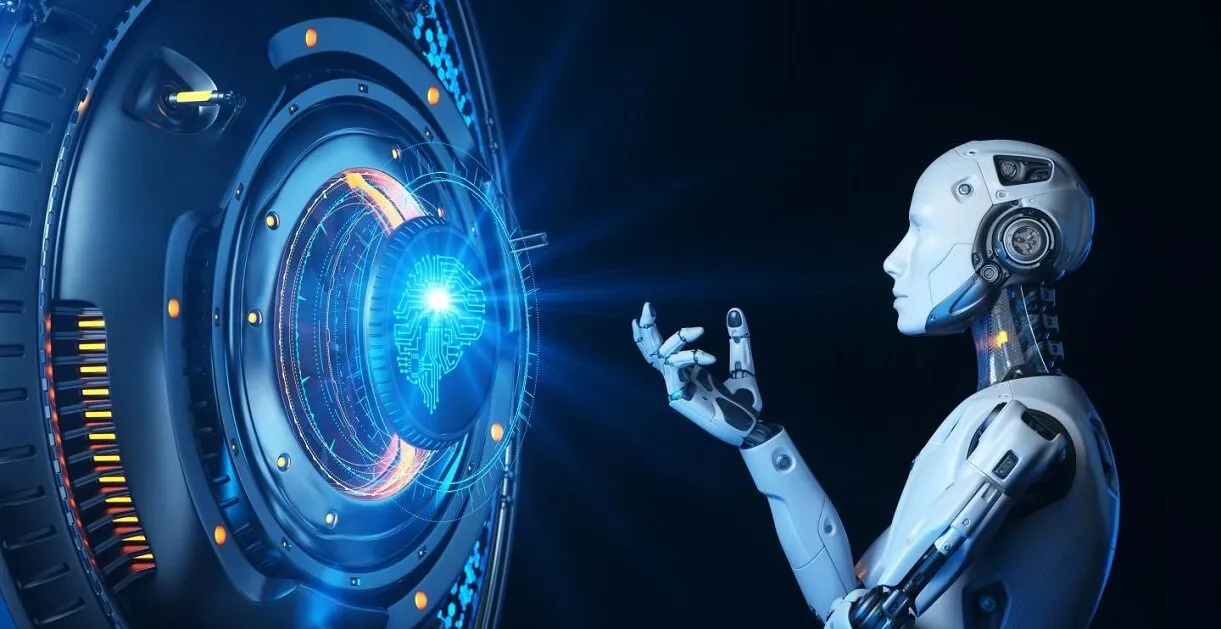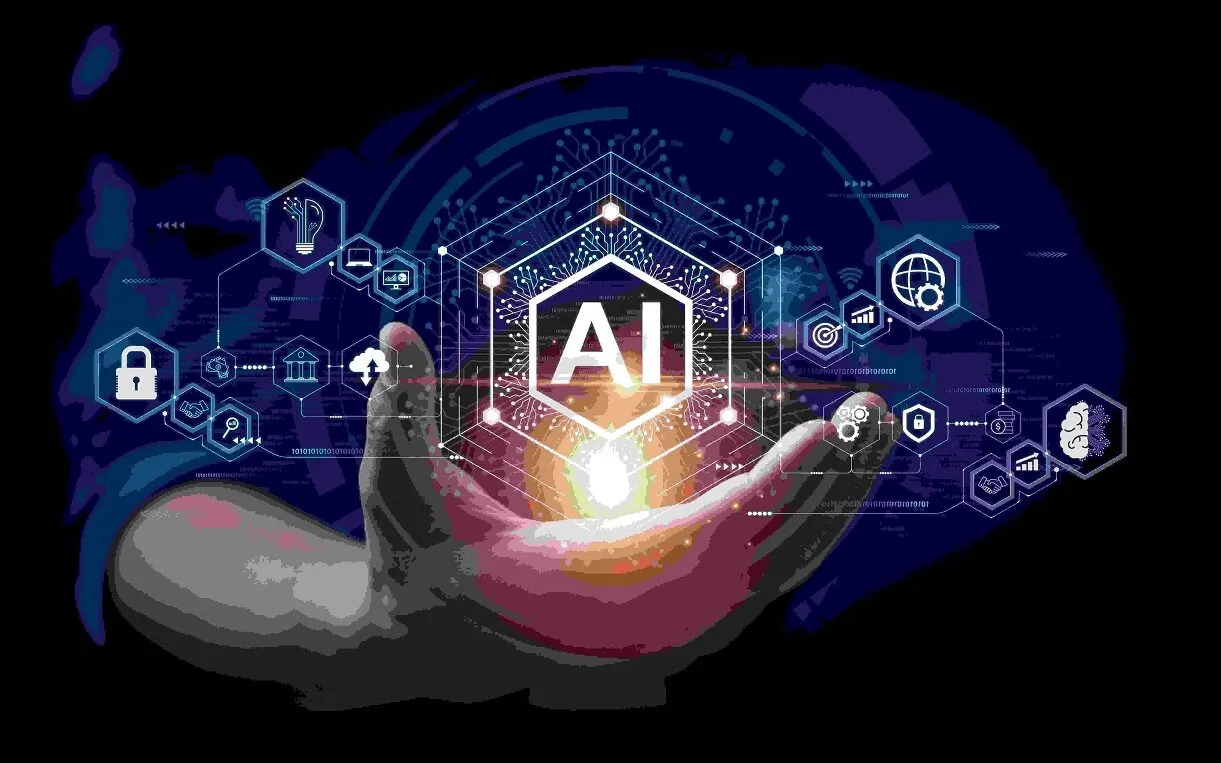Technical sessions are a vital part of conferences on artificial intelligence and software engineering, such as the Computational Intelligence and Software Engineering Conference (CiSE). Here, researchers, scholars, and industry experts present and discuss the latest research papers. These sessions offer opportunities for attendees to update their knowledge, exchange ideas, and explore new trends in their fields.
Structure of Technical Sessions
Technical sessions are typically organized into specific themes to facilitate focused discussions. Some common themes include:
1. Natural Language Processing (NLP)
NLP focuses on the interaction between computers and human languages. Presentations in this session often cover research on parsing, named entity recognition, machine translation, and text generation. Researchers discuss advances in language models like GPT and BERT, and their applications in customer service, sentiment analysis, and chatbots.
2. Computer Vision
Computer vision is another widely discussed area, encompassing research on object recognition, image segmentation, motion tracking, and 3D image reconstruction. Advances in deep neural networks and machine learning have opened new possibilities in computer vision, with applications ranging from autonomous vehicles to healthcare.
3. Robotics
Robotics involves the design, construction, and operation of robots. Sessions on robotics often include research on robot control, perception, path planning, and human-robot interaction. Advances in robotics can be applied in various fields such as manufacturing, service, healthcare, and space exploration.
4. Intelligent Systems
Intelligent systems encompass research on artificial intelligence, machine learning, and automation. These sessions typically focus on new algorithms and models, as well as their applications in various domains. Intelligent systems can include recommendation systems, predictive systems, and decision support systems.
5. Software Automation
Software automation is crucial in software engineering, focusing on automating software development, testing, and deployment processes. Research in this field aims to improve software efficiency and quality. Sessions may cover topics such as automated testing, CI/CD (Continuous Integration/Continuous Deployment), and DevOps.
6. Software Security
Software security is a hot topic in the context of increasing cybersecurity threats. Sessions on software security include research on vulnerability detection, application security, data encryption, and privacy protection. Experts present new strategies and technologies to protect software from cyber-attacks.

Benefits of Technical Sessions
Updating Knowledge
Attending technical sessions helps researchers and experts stay updated with the latest knowledge and technologies in their fields. It’s an opportunity to grasp new trends, understand challenges and opportunities, and apply new knowledge to their work.
Networking and Collaboration
Technical sessions also provide a platform for delegates to network and collaborate. They can exchange ideas, find research partners, and build professional relationships. Activities such as group discussions, poster sessions, and exhibitions offer numerous opportunities for networking and collaboration.
Developing Presentation Skills
Presenting at technical sessions allows researchers to develop their presentation and communication skills. They can receive feedback from experts and peers, helping them improve their presentations and research. It’s also an opportunity to build reputation and establish standing in the research community.
Conclusion
Technical sessions at conferences like CiSE play a crucial role in promoting research and development in artificial intelligence and software engineering. With participation from scholars and experts, these sessions bring new knowledge, networking opportunities, and skill development for researchers. Participating and contributing to technical sessions not only enhances personal knowledge and skills but also advances the entire field.


